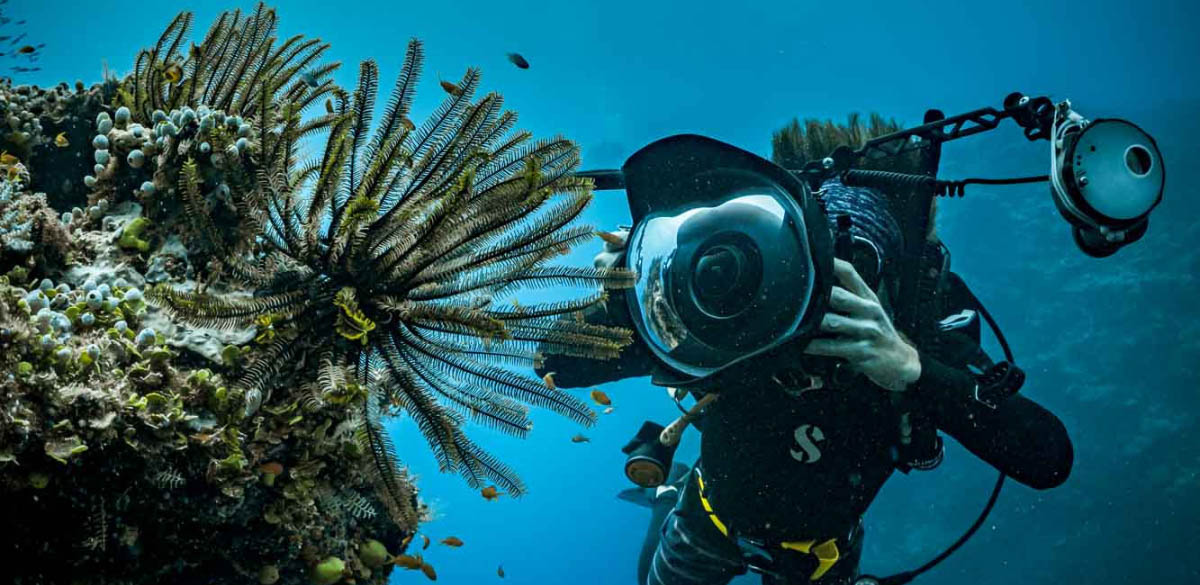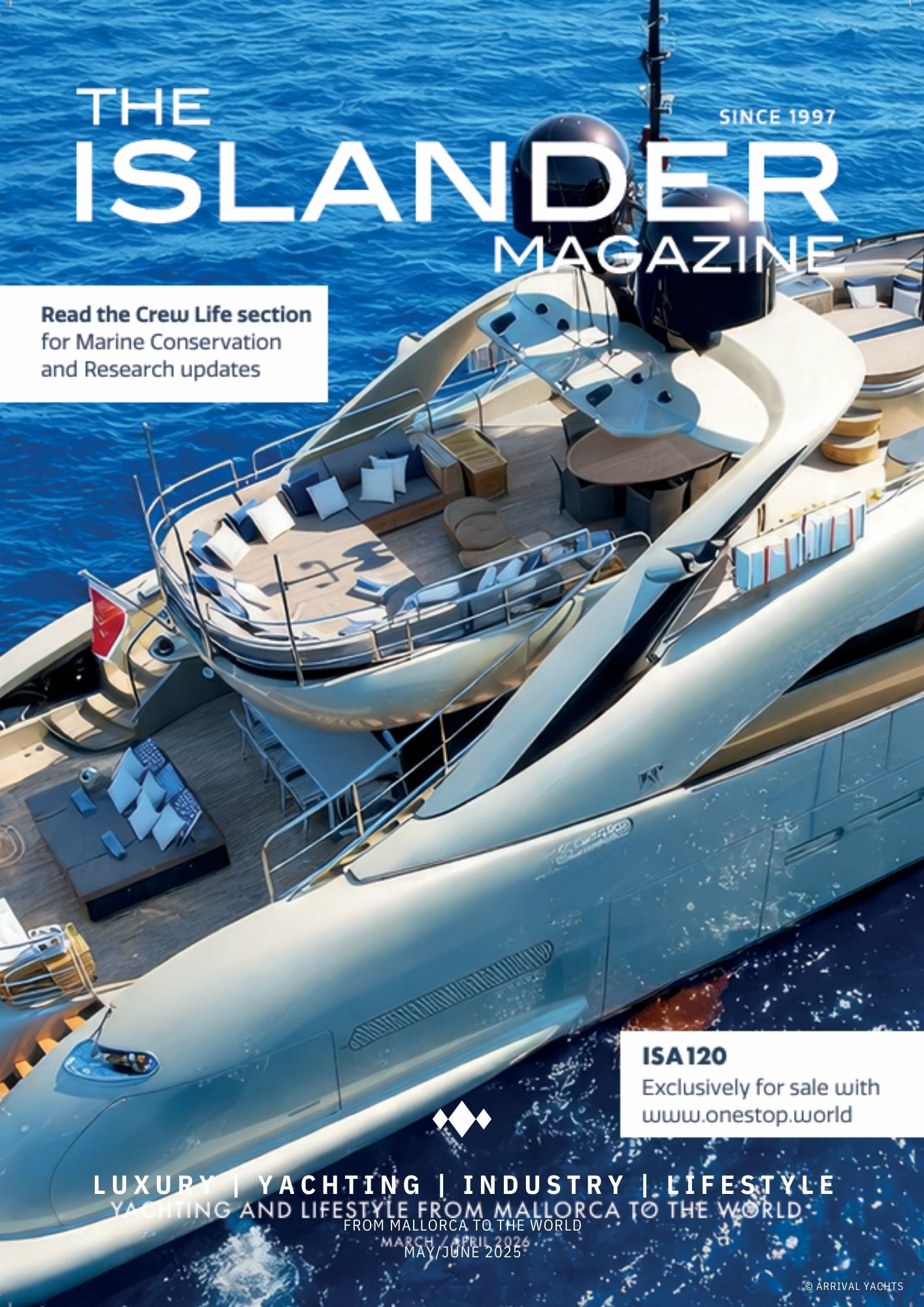For PADI, a great diving destination and a great diving experience means not only are we seeking adventure, but we are doing our part to save the ocean as well. As a certified PADI Open Water Scuba Diver, you’ll receive your passport to the last frontier and learn the skills that can help save one of the most important ecosystems in the world.
While there are over 6,600 PADI Dive Centres and Resorts to explore within 184 countries, there are four destinations that are truly changing the way to seek meaningful adventure this year.
- The South Pacific
A collection of small but passionate islands in the South Pacific are not only offering once-in-a-lifetime scuba diving expeditions but also ways in which you can give back to the local coastline communities.
Vanuatu
This scuba diving destination is still unknown to many, allowing this off-the-grid adventure to allow truly intimate moments above and beneath the surface. With 83 islands that offer epic adventures through coral reefs, big pelagic action, dramatic caverns and wrecks, Vanuatu also is one of the best places to dive with dugongs – with a healthy population that has made themselves at home here.
Volcano Island Divers at White Grass Ocean Resort and Spa on Tanna Island are the country’s first PADI Eco Centres. They are committed to a regenerative tourism model that boasts a simplistic design, supports the local community and gives access to unspoiled diving and a thriving ecosystem.
Fiji
Home to over 42% of the world’s coral species that spans over 10,000 square feet, the Soft Coral Capital of the World is now home to one of the first PADI Eco Centres in the South Pacific. PADI Dive Resort Sau Bay offers easy access to the world-renowned Rainbow Reef and a complimentary “happy hour” environmental discussion to teach guests about the reef’s ecosystem and conservation programs like beach cleanups, mangrove planting and coral reef restoration that guests can take part in.
Other PADI Dive Resorts that offer purpose-driven scuba diving adventures include:
- Wakaya Island Resort: scuba dive with marine biologist Luke Gordon and The Manta Trust Fiji to have life–changing encounters with manta rays and learn how to help protect them by helping to sight and record the mantas on the Wakaya reef system.
- Six Senses Fiji: this PADI Dive Resort has just welcomed Coral Gardners to Malolo Island in the Mamanucas, where the two are teaming up to protect and educate guests on how to protect the fragile and beautiful coral reefs of Fiji – offering hands-on experiences and education.
PADI and Tourism Fiji have also partnered together around their ‘Bula Blue’ initiative, in a joint commitment to make Fiji one of the planet’s most important destinations for ocean protection, with the goal of having 600 MPAs established by 2030, creating more conservation initiatives for travelers and championing a scholarship program that supports local Fijians wanting to start dive careers.
New Zealand
One of the biggest Marine Protected Area (MPAs) success stories is found in New Zealand at Poor Knights Islands. With the help of PADI Dive Centres like Dive!Tutukaka, the Poor Knights Island was the second MPA to be established in the country in 1981.
With the implementation of a “no take” zone (no fishing, mining, oil extraction and minimal interference), these islands now boast a thriving marine eco-system that attracts both cold and warm water marine animals.
Diving in the Poor Knights also means following a strict list of rules to not disrupt the eco-system, including no touching or going on to the actual islands themselves. The success of this MPA has led the country to establish 44 more MPAs since then throughout the country.
- Maldives
The Maldives is more than just picture-perfect beaches and overwater bungalows. Visitors can learn how to save manta rays with PADI 5 Star Dive Resort Six Senses Laamu, who offer the PADI Maldivian Manta Ray Conservation Specialty Course in partnership with the Manta Trust. Scuba divers can take this course, learn how to identify them to log in PADI’s database and learn how to protect them with the resort’s MUI (Maldives Underwater Initiative) and SHELL (Six Senses Hub of Environmental Learning).
For an epic pelagic dive where dreams are made of, scuba divers can head over to Fuvahmulah, a UNESCO Biosphere Reserve. This gem of the Maldives is home to some of the healthiest coral reefs in the country and acts as a pelagic pit stop and cleaning station for tiger sharks, thresher sharks, black oceanic mantas, scalloped hammerheads, whale sharks, and mola – the only place on the planet where you can see all these majestic pelagic together year-round in their natural environment. PADI Dive Centres Fuvahmulah Dive is a responsible shark tourism operator (who has founded shark tourism on the atoll) and one whom you know your scuba diving tourism dollars will go towards good.
- Andaman Islands (India)
India’s Andaman Islands still have many undiscovered dive sites, meaning that it is likely you can scuba dive in a place that has never been dived before. The majority of the scuba diving takes place south of Havelock Island or Neil Island, where scuba divers are immersed in beautiful sloping reefs, coral gardens, cleaning stations that welcome in manta rays and visibility of up to 130ft!
PADI Dive Resort Big Tree Resort is not only designed for scuba divers, but nature enthusiasts in general. You’ll stay on an organic farm and reserve forest, dive locally, eat seasonal local produce and be within walking distance to the best scuba diving India has to offer. They have also partnered with Lacadives (India’s oldest Scuba Diving school) and ReefWatch Marine Conservation (one of India’s only ocean protection NGOs) to ensure every scuba diving expedition they lead makes a difference for the planet.
- Pemba Island (Tanzania)
Escape all of civilisation and head to Pemba Island off the coast of Africa for an epic scuba diving expedition you’ll never forget. Separated from the mainland of Tanzania and Zanzibar for decades, this island remains untouched with mangrove forests, pristine beaches and 70% of the world’s coves.
But most impressive on this island is PADI Dive Resort The Manta Resort’s floating underwater room. Designed by Swedish engineers, this floating structure not only provides luxurious accommodations but has helped regenerate the entire underwater ecosystem through its unique and unintrusive design. In fact, it’s such a success story the local government is wanting to help fund them building a second one.
Placing a huge importance on education for guests, scuba divers here will also soon be able to take part in the first underwater safari, where local dive guides will use full face masks to be able to educate divers on the spot about what they are encountering (just like a land safari).





























0 Comments